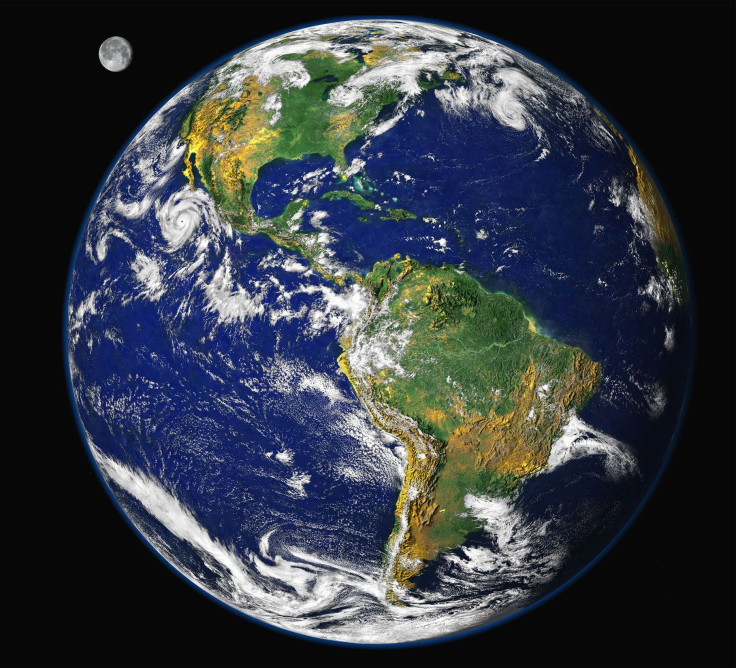New study suggests there is no link between evolution and rise in oxygen levels

Although availability of oxygen is one of the most important and crucial aspects to sustain life on Earth, it certainly did not lead to its emergence at first. According to a new study, an increase in oxygen levels did not lead to rise of animals in the planet.
Researchers from the University of Southern Denmark say that even though enough oxygen was already present in the environment nearly 1.4 billion years ago, it was only after another 800 million years that the first animals appeared on Earth.
The researchers previously linked late evolution of animals to a delayed rise in the levels of atmospheric oxygen. But, the recent research led by Emma Hammarlund and Don Canfield suggests that “sufficient oxygen in itself does not seem to be enough for animals to rise," reports The Times of India.
During the study, the research team analysed the sediment samples from China's Xiamaling Formation. The analysis revealed that nearly 1.4 billion years ago, deep ocean contained almost 4 percent of the modern day's oxygen concentration. With the help of trace metal distribution, the team found that deep waters contained oxygen, no signs of waters appeared at intermediate depth.
"Having determined the lowest concentration of oxygen in the air almost one and a half billion years ago is unique", says Hammarlund, reports Phys.org. "Researchers know of simple animals, such as sponges and worms, that today are capable of managing with less than 4 % PAL, even much less."
Since sponges probably resemble some of the first life forms and simple animals that appeared on Earth, researchers say that they could have managed with less than 4 percent of oxygen concentration at that time, given that they survive under the even less concentration today.
The complete details of the study have been published in the journal Proceedings of the National Academy of Sciences.






